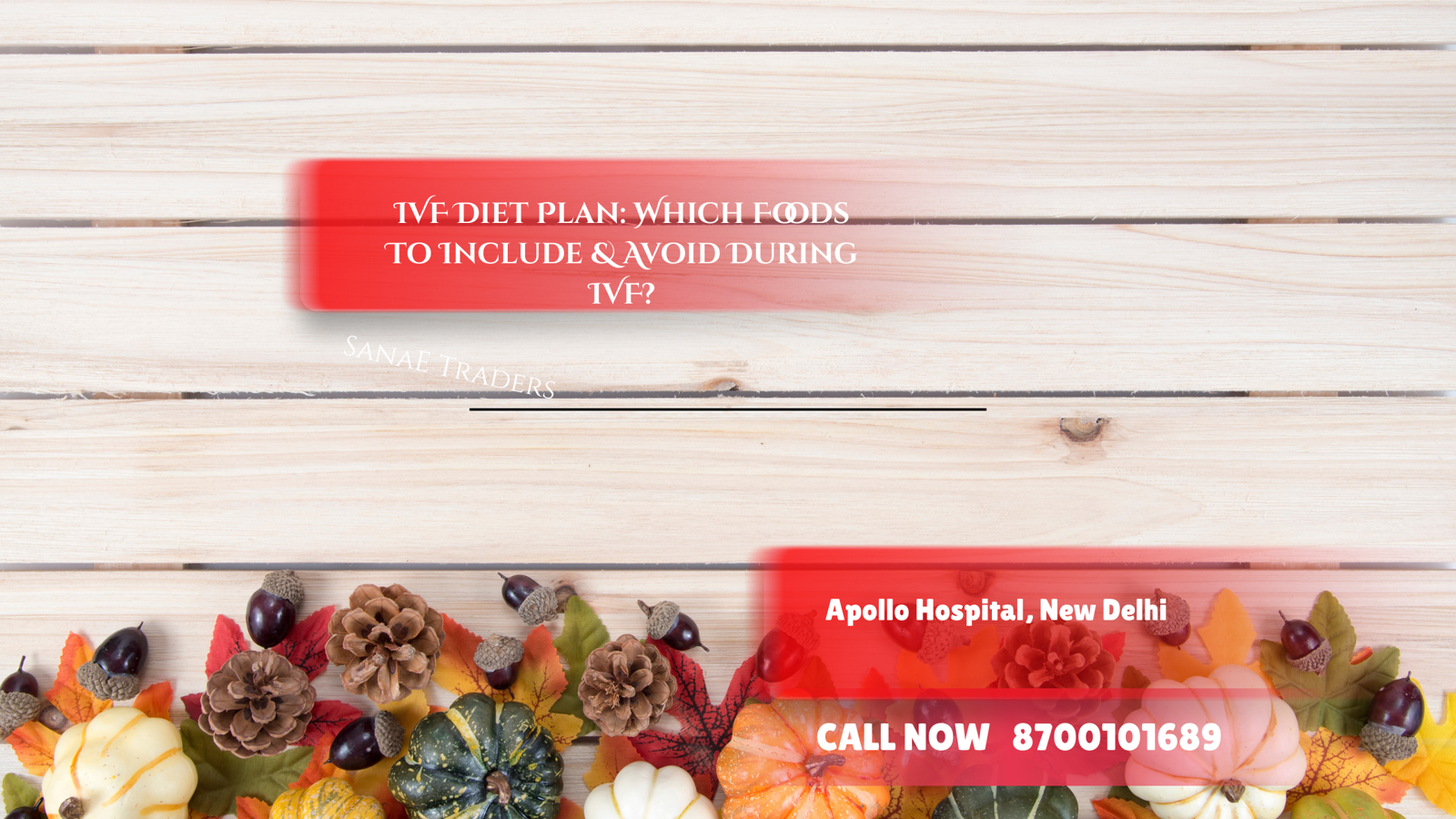
Introduction
Going through IVF (In Vitro Fertilization) can feel like riding an emotional rollercoaster. Between appointments, medications, and emotional ups and downs, one crucial element often gets overlooked — your diet. What you eat before and during your IVF cycle can play a major role in improving your chances of success.
Think of your body as a garden. The healthier the soil, the better the chances for the seed to grow. Similarly, nourishing your body with the right foods can make it a welcoming environment for conception.
In this article, we’ll explore a complete IVF diet plan, covering what foods to include, what to avoid, and how small dietary changes can make a big difference — with expert guidance from an IVF Specialist Doctor in New Delhi.
1. Understanding IVF and the Role of Diet
IVF, or In Vitro Fertilization, involves fertilizing an egg outside the body and then implanting it into the uterus. While medical technology plays a big part, your body's internal environment must be optimal for a successful implantation.
A nutrient-rich diet helps improve egg and sperm quality, regulate hormones, and prepare your uterus for implantation.
2. Why Diet Matters During IVF
Your diet influences everything from your hormone balance to your body's inflammation levels. Studies show that women who maintain a balanced diet rich in antioxidants and omega-3 fats have better IVF outcomes.
As one IVF Specialist Doctor in New Delhi explains, "IVF success isn't just about the lab work-- it's about how healthy your body is from the inside out."
3. Key Nutrients That Boost Fertility
Let's look at some fertility-enhancing nutrients:
Folic Acid: Vital for egg development and preventing neural defects.
Iron: Helps in oxygen supply to reproductive organs.
Zinc: Supports sperm quality and egg health.
Omega-3 Fatty Acids: Reduces inflammation and supports hormonal balance.
Vitamin D: Essential for hormonal regulation and embryo implantation.
Protein: Aids in cell growth and hormone production.
4. Foods to Include in Your IVF Diet
Here's a fertility-friendly grocery list:
Whole grains: Brown rice, oats, quinoa.
Lean proteins: Chicken, eggs, paneer, tofu.
Healthy fats: Avocado, olive oil, nuts.
Leafy greens: Spinach, kale, methi.
Fruits: Berries, oranges, pomegranates.
Dairy: Milk, yogurt, ghee (in moderation).
Eating whole, natural foods ensures your body gets the nutrients it needs to support reproduction.
5. Fruits and Vegetables for Fertility
Colorful fruits and veggies are packed with antioxidants that protect your cells from damage.
Citrus fruits like oranges and lemons are rich in vitamin C.
Berries (blueberries, strawberries) fight oxidative stress.
Leafy greens support iron and folate levels.
Tomatoes improve sperm motility in men.
Try to eat a rainbow-- the more colors on your plate, the better your fertility nutrition!
6. Protein Sources for Egg and Sperm Health
Protein isn't just for muscle building. It's crucial for hormone synthesis and egg development.
Animal-based: Chicken, fish (low in mercury), eggs.
Plant-based: Lentils, chickpeas, quinoa, tofu.
Avoid processed meats-- they're often high in preservatives and can negatively affect sperm health.
7. The Importance of Healthy Fats
Fats aren't the enemy-- the right kinds are fertility boosters!
Omega-3 fats from fish, chia seeds, and walnuts improve egg quality.
Monounsaturated fats from olive oil and avocado regulate hormones.
Avoid trans fats found in fried and packaged foods, as they can increase inflammation and disrupt ovulation.
8. Hydration and Herbal Drinks
Water is life-- especially when your body is undergoing IVF treatment. Staying hydrated ensures proper nutrient delivery and hormone balance.
Aim for at least 8-- 10 glasses of water daily.
Include coconut water for natural electrolytes.
Sip herbal teas like chamomile, ginger, or green tea (in moderation) to soothe stress and improve digestion.
9. Foods to Avoid During IVF
Certain foods can interfere with your IVF treatment or hormone balance.
Processed foods: High in trans fats and preservatives.
Sugary snacks: Cause insulin spikes that disrupt hormone balance.
High-mercury fish: Tuna, swordfish-- can harm reproductive health.
Raw or undercooked foods: Risk of infection.
Excess salt: Causes bloating and water retention.
10. The Role of Caffeine, Alcohol, and Sugar
Caffeine: Limit to one small cup a day. Too much can constrict blood vessels and affect uterine blood flow.
Alcohol: Best to avoid entirely during IVF-- it can disrupt hormone levels and embryo development.
Sugar: Excess sugar leads to insulin resistance, which can affect ovulation and embryo implantation. Opt for natural sweeteners like honey or dates instead.
11. Sample 7-Day IVF Diet Plan
Here's a quick example to get you started:
DayBreakfastLunchDinnerSnacksMondayOats with berriesBrown rice + dal + veggiesGrilled chicken + quinoaNuts + fruitTuesdaySmoothie + eggsChapati + paneer curryLentil soup + saladYogurt + seedsWednesdayPoha + sproutsRice + fish curryTofu stir-fryFruit bowlThursdayIdli + coconut chutneyQuinoa + veggiesChicken stewAlmondsFridayParatha + yogurtLentil khichdiVeg pulaoDates + walnutsSaturdayMuesli + milkGrilled paneer saladVegetable soupFruit smoothieSundayEggs + toastRice + dalFish + sautéed greensDark chocolate (small piece).
12. Lifestyle Tips to Complement Your Diet.
Diet alone won't do the magic-- your lifestyle plays a huge role too.
Exercise moderately: Yoga, walking, or light stretching helps blood flow.
Sleep well: Aim for 7-- 8 hours every night.
Manage stress: Meditation or journaling can help.
Avoid smoking: It reduces fertility in both men and women.
Remember, balance is key-- both in your meals and in your mind.
13. Common Diet Mistakes During IVF.
Many couples unknowingly make simple errors:.
Skipping meals due to stress.
Over-supplementing with vitamins without medical advice.
Consuming excess sugar "for energy.".
Ignoring hydration.
Listen to your body and consult your IVF Specialist Doctor in New Delhi before making drastic changes.
14. Expert Advice from IVF Specialist Doctor in New Delhi.
Top fertility experts emphasize a "clean and colorful plate." Dr. R. Mehra, a renowned IVF Specialist Doctor in New Delhi, advises:.
" Focus on foods that make you feel energetic and balanced. A good IVF diet is not about restriction; it's about nourishment.".
Consulting a fertility nutritionist can further personalize your diet to your body's needs and treatment stage.
15. Conclusion.
Your IVF journey is deeply personal-- and nutrition can be your secret support system. A balanced, nutrient-rich diet helps prepare your body and mind for one of life's most beautiful experiences.
Remember, every bite counts. Think of food as your ally in this journey toward parenthood. And if you ever feel unsure, don't hesitate to reach out to an IVF Specialist Doctor in New Delhi for personalized guidance.
FAQs.
1. Can diet really improve IVF success rates?
Yes! A balanced diet rich in antioxidants, healthy fats, and lean proteins can improve egg quality, sperm health, and implantation success.
2. Should I take fertility supplements during IVF?
Only under medical supervision. Your IVF specialist can suggest vitamins like folic acid, vitamin D, or iron based on your blood tests.
3. Is coffee allowed during IVF?
Limit it to one cup a day. Excess caffeine can affect hormone balance and uterine blood flow.
4. Can men also follow an IVF diet?
Absolutely! A nutrient-rich diet improves sperm count and motility, which is equally important for IVF success.
5. When should I start following an IVF diet plan?
Ideally, 2-- 3 months before your IVF cycle to give your body time to absorb nutrients and reach optimal health.
Final Thought:.
Your plate is more powerful than you think. Eat smart, stay positive, and trust your journey-- because miracles start with nourishment.

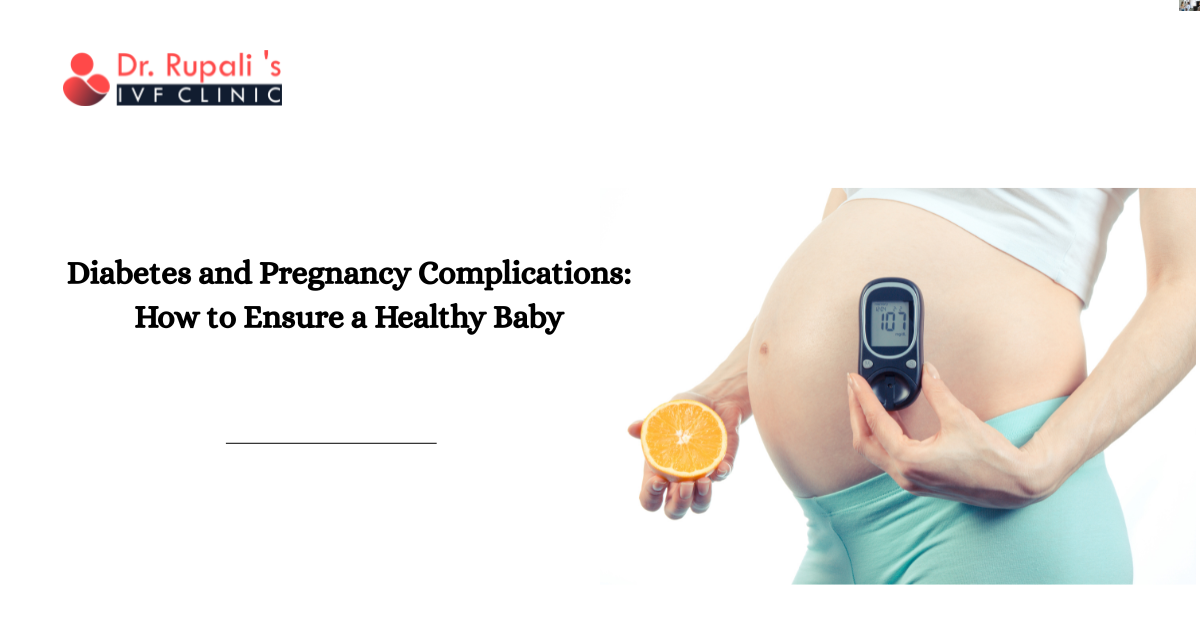




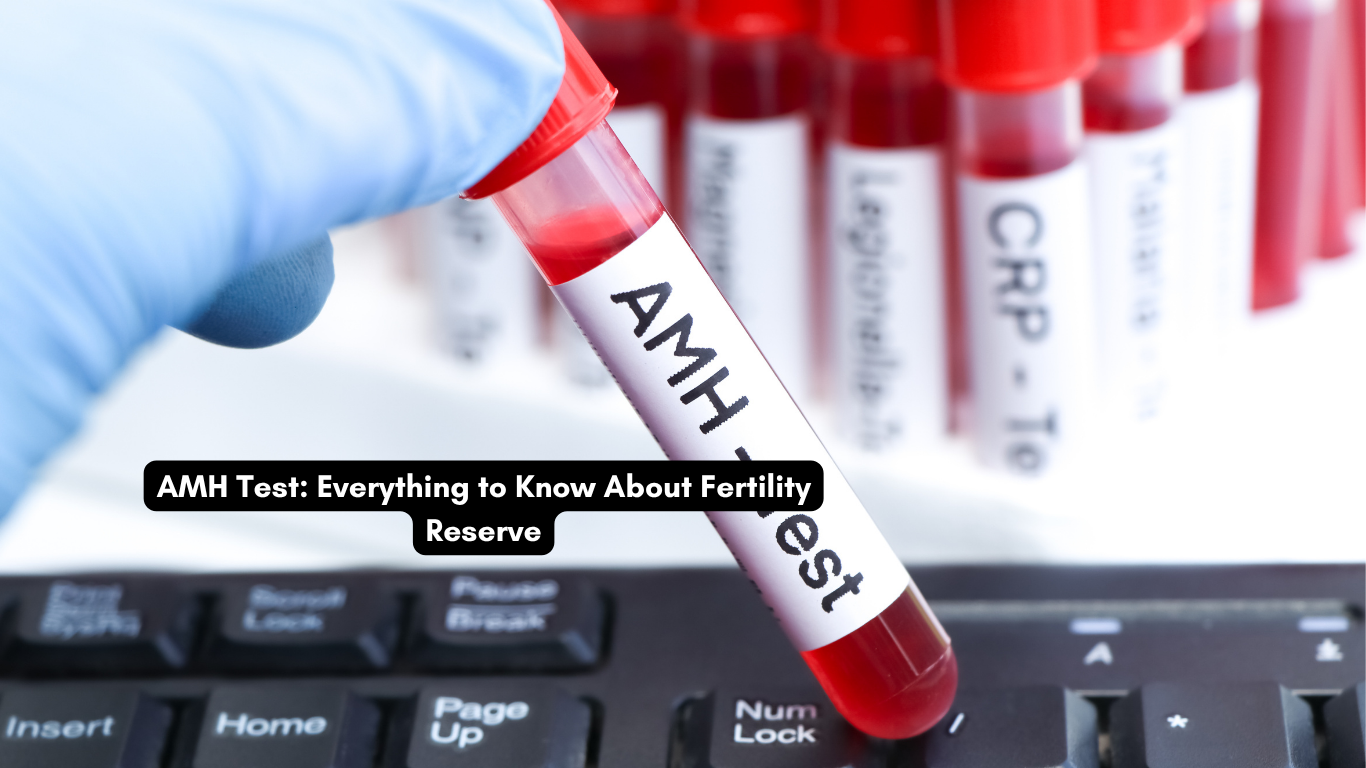
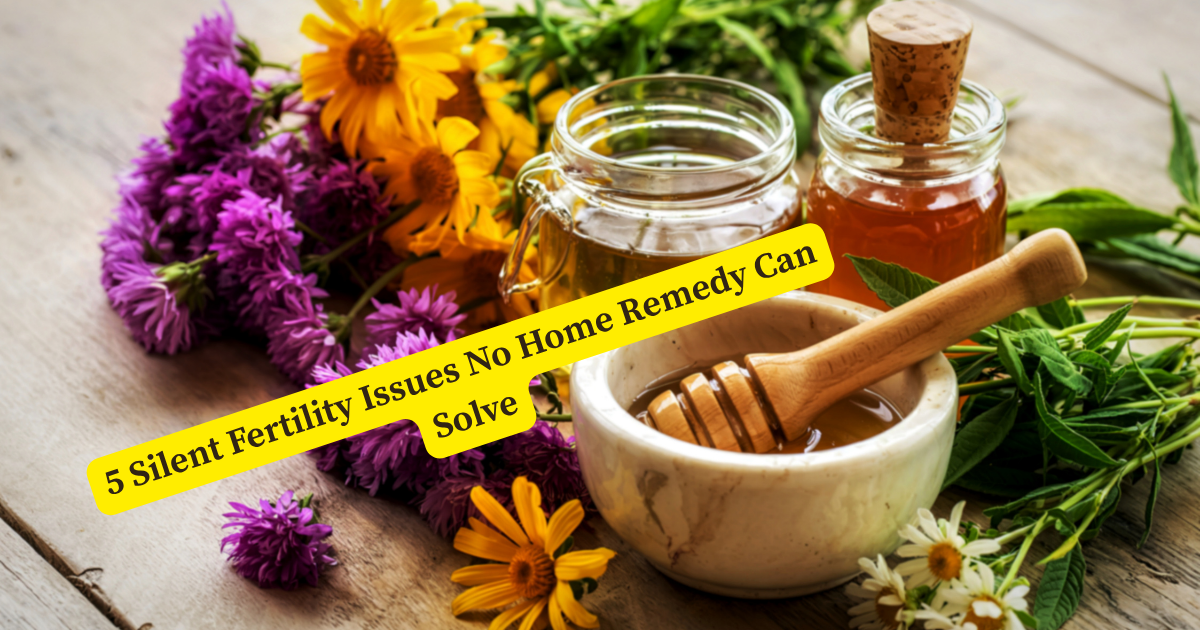
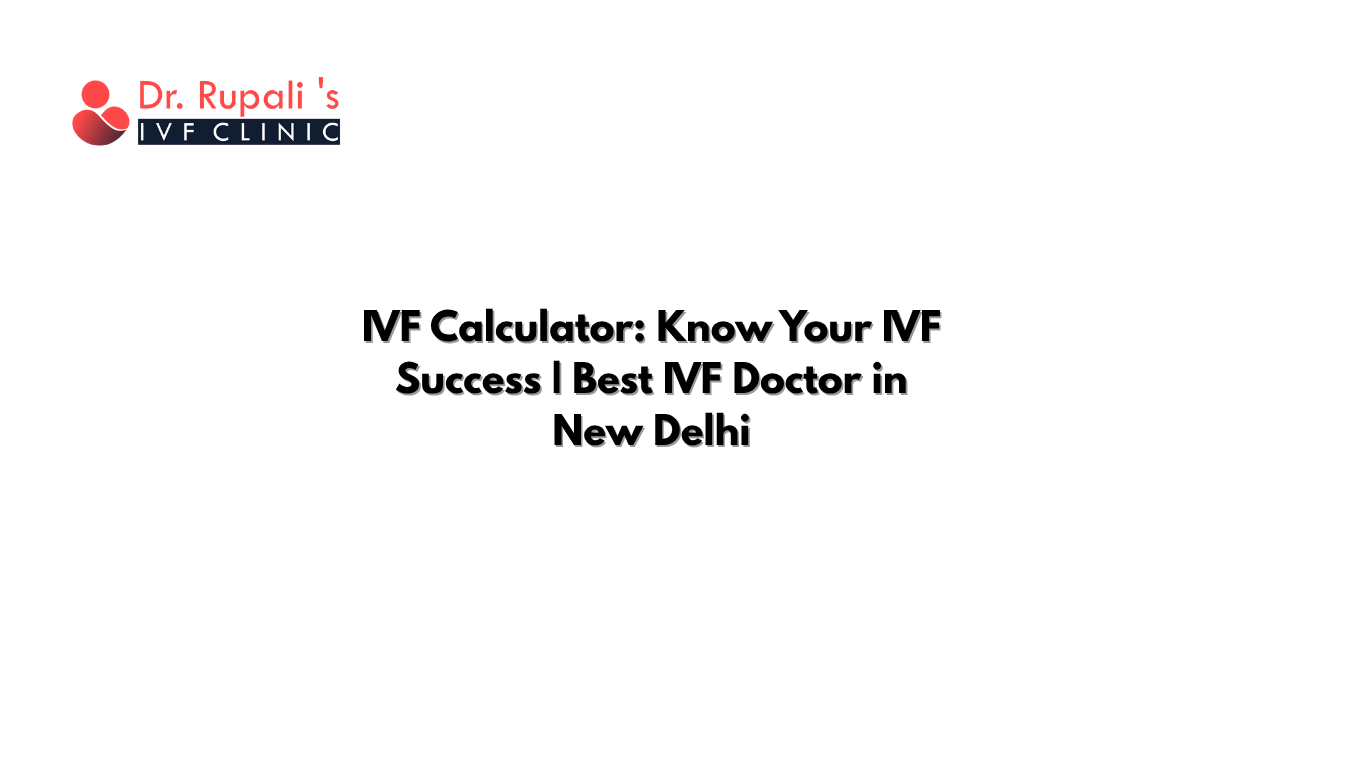
Write a comment ...